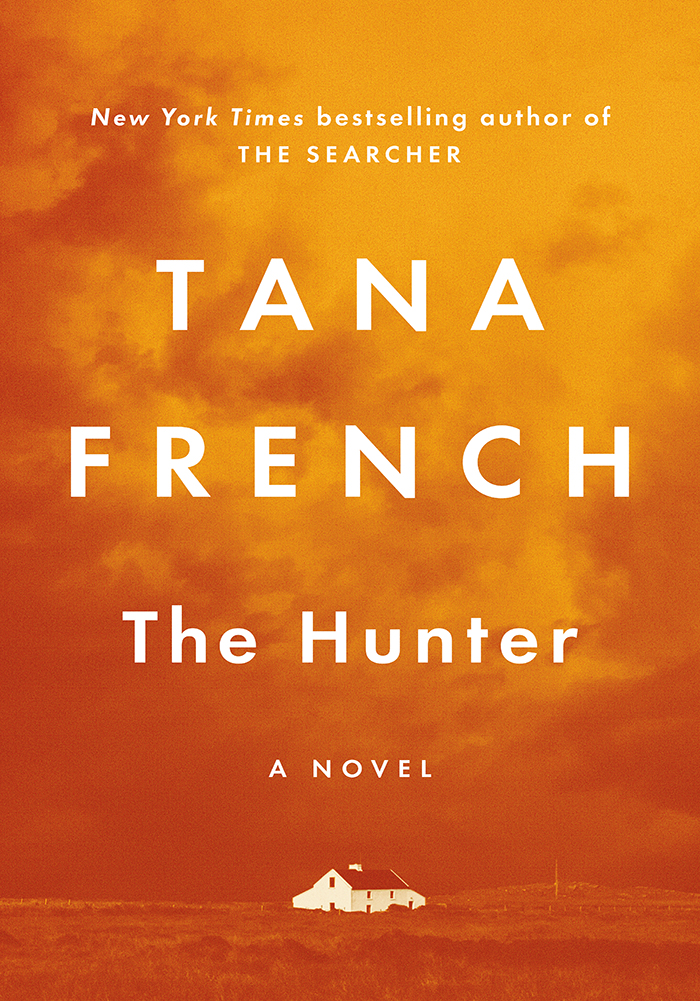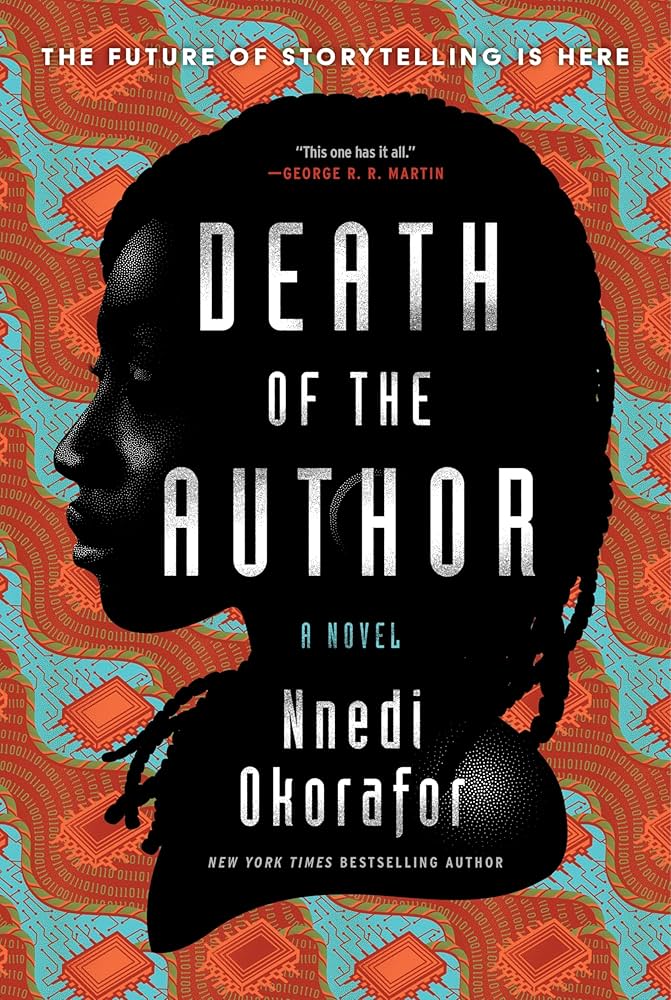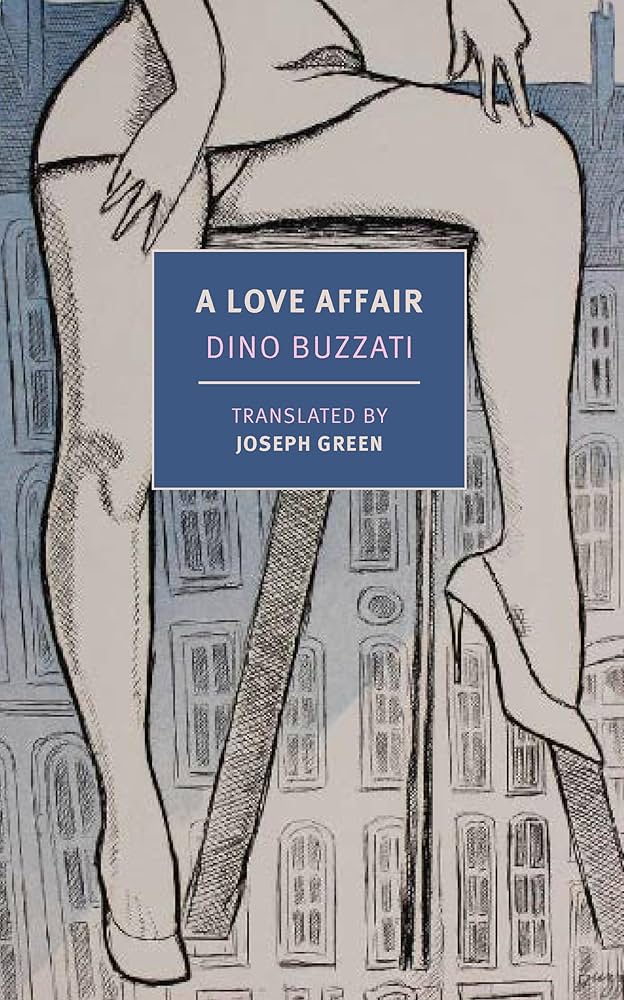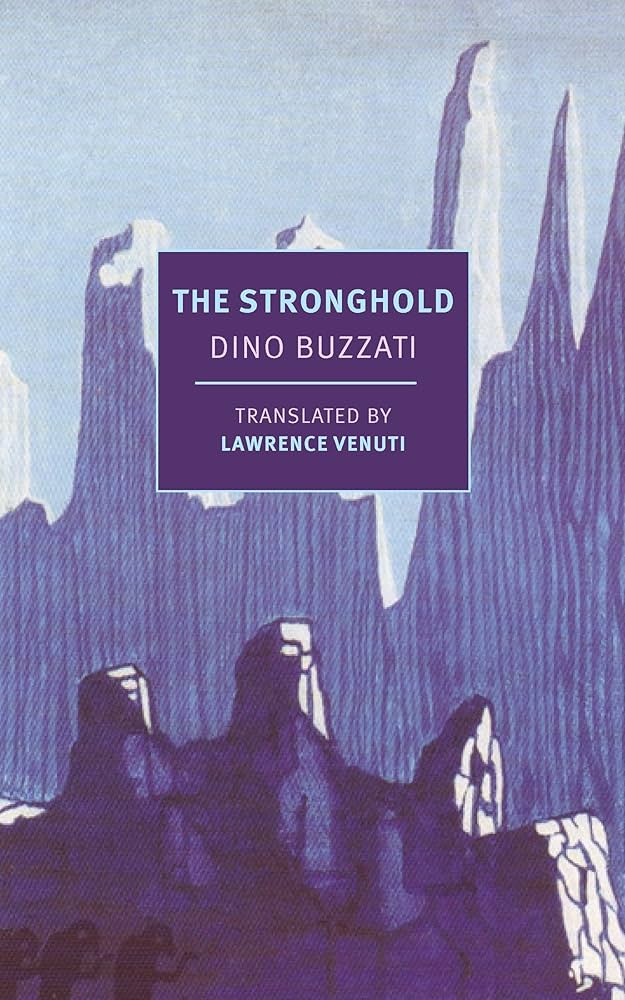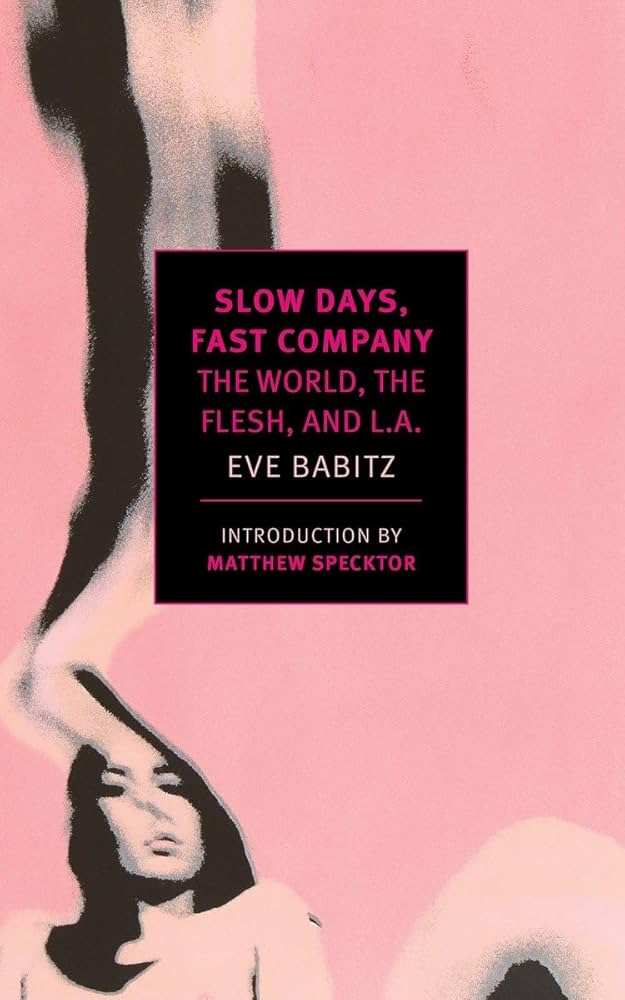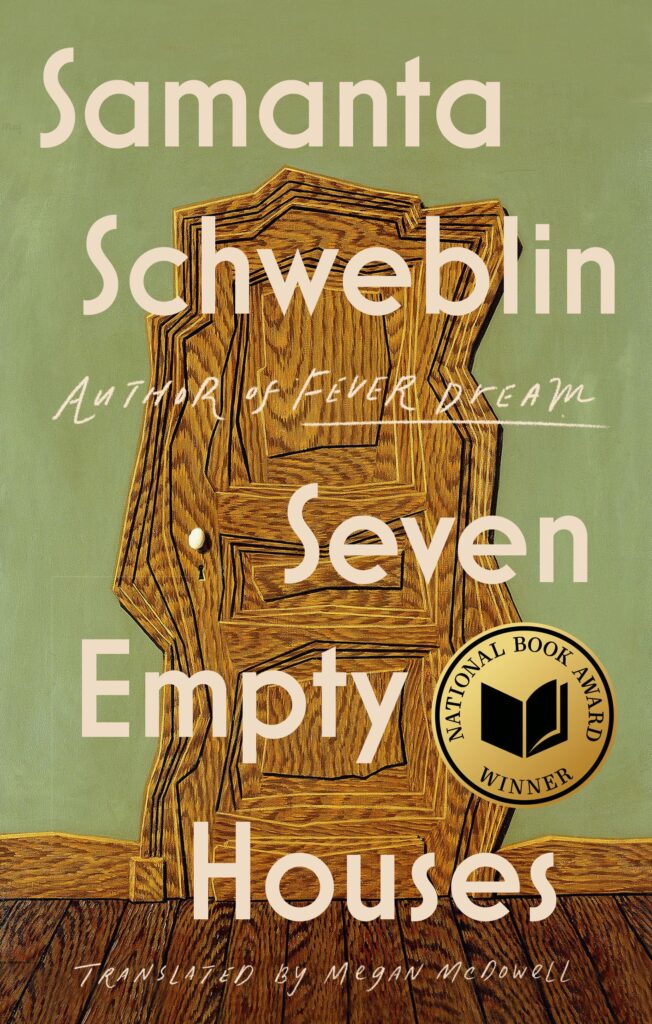The Hunter is the first Tana French book that I didn’t finish. Not only that, I put it down with less than 100 pages to go, and looked up the ending on Wikipedia. What a bummer.
This book picks up a couple of years after The Searcher, where Cal Hooper, a retired Chicago cop now living in rural Ireland, is settled into his life and community, mostly involving formerly-wayward teenager Trey and love interest Lena. Trey’s father returns home after abandoning the family years earlier, with a small-town hustle to pull on the small town farmers. Drama ensues.
Well, mild drama very quietly threatens to ensue. I’m not sure if Tana French has become too attached to these characters, or if this is her move to the more ‘cozy’ trend that doesn’t interest me at all, but this book meandered. The first 200 pages of this book are concerned with Cal and those around him, and with reintroducing the huge cast of characters from the first book. It’s well past the halfway point (of a 450+ page novel) when the crime occurs.
And even when it does, French is more interested in social dynamics than the mystery. Conversations between characters drag on endlessly. Each one is loaded with subtext, which is analysed and explained at length in the protagonists’ heads. Hidden agendas are considered, dismissed and reconsidered. Characters do things that are completely out of left field for reasons that aren’t convincing.
To me, Tana French’s strength has never been character development. I loved all but one of her Dublin Murder Squad novels, and what I remember about them most are the interrogation scenes and the themes of class and privilege. Silly plots were often redeemed by cat-and-mouse psychological moments, and the personal flaws of the characters were key to the resolution of the mystery.
Maybe that’s why this doesn’t work – French is revisiting characters that were only ever avatars for a social study. The Irish characters are completely interchangeable. Cal and Trey are somewhat developed, but they spend the whole novel observing, not acting.
All of the crimes in this book (even the murder) feel secondary to telling a story about these rough sketches of characters. The stakes never feel high. It’s as impactful as a late-run episode of a show like Castle – not entirely unpleasant, but every break found me wondering why I was bothering with it.

